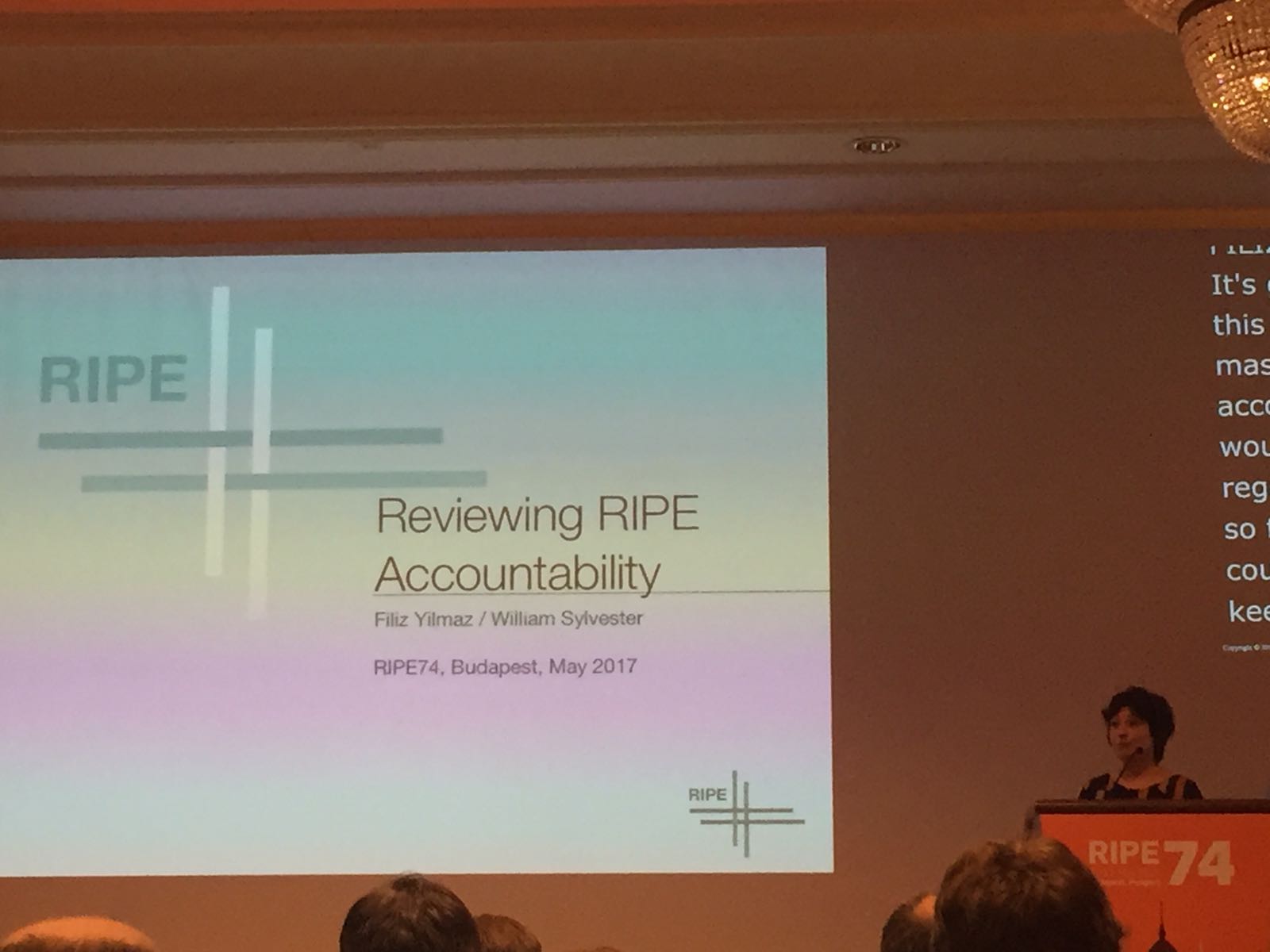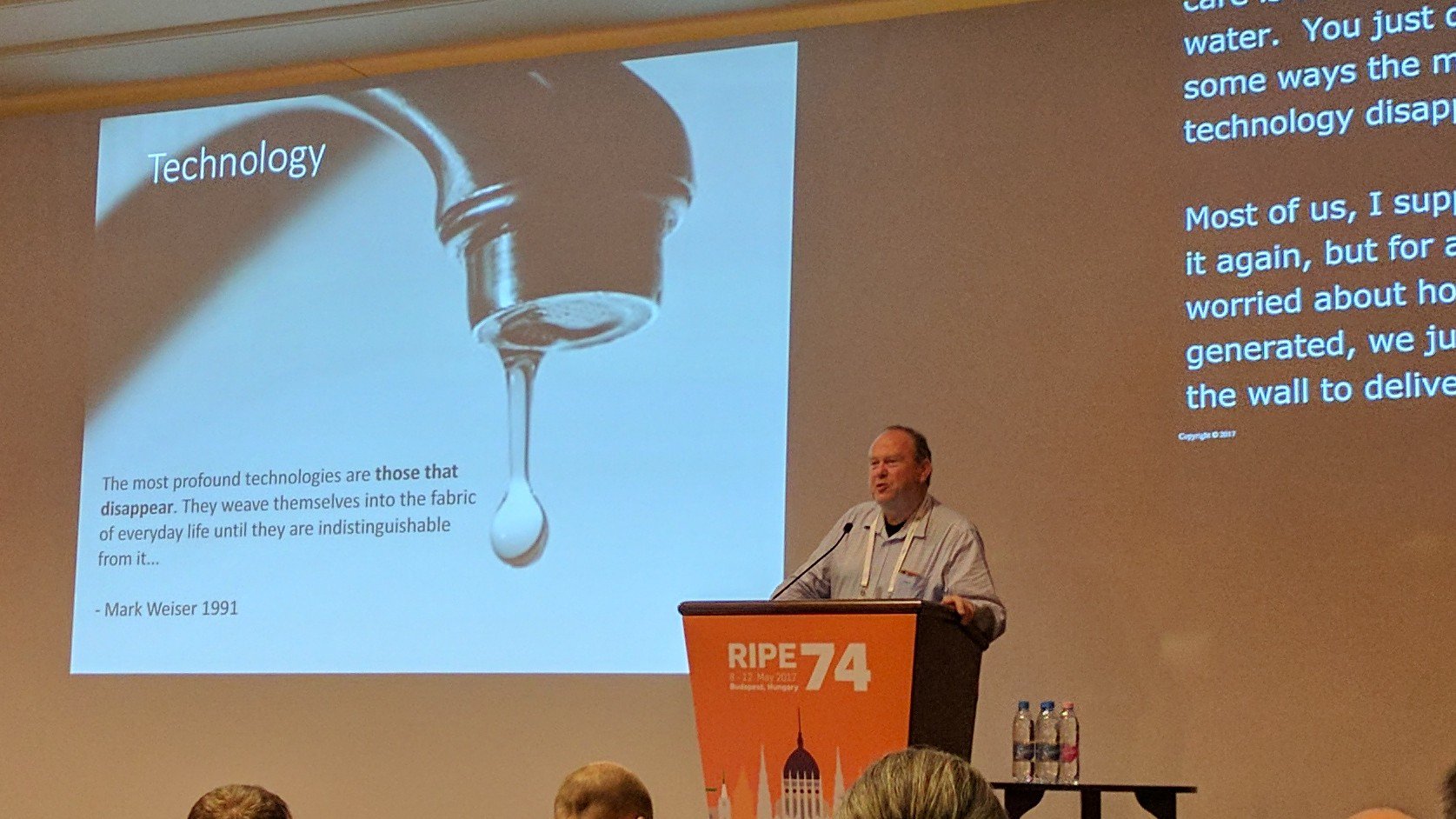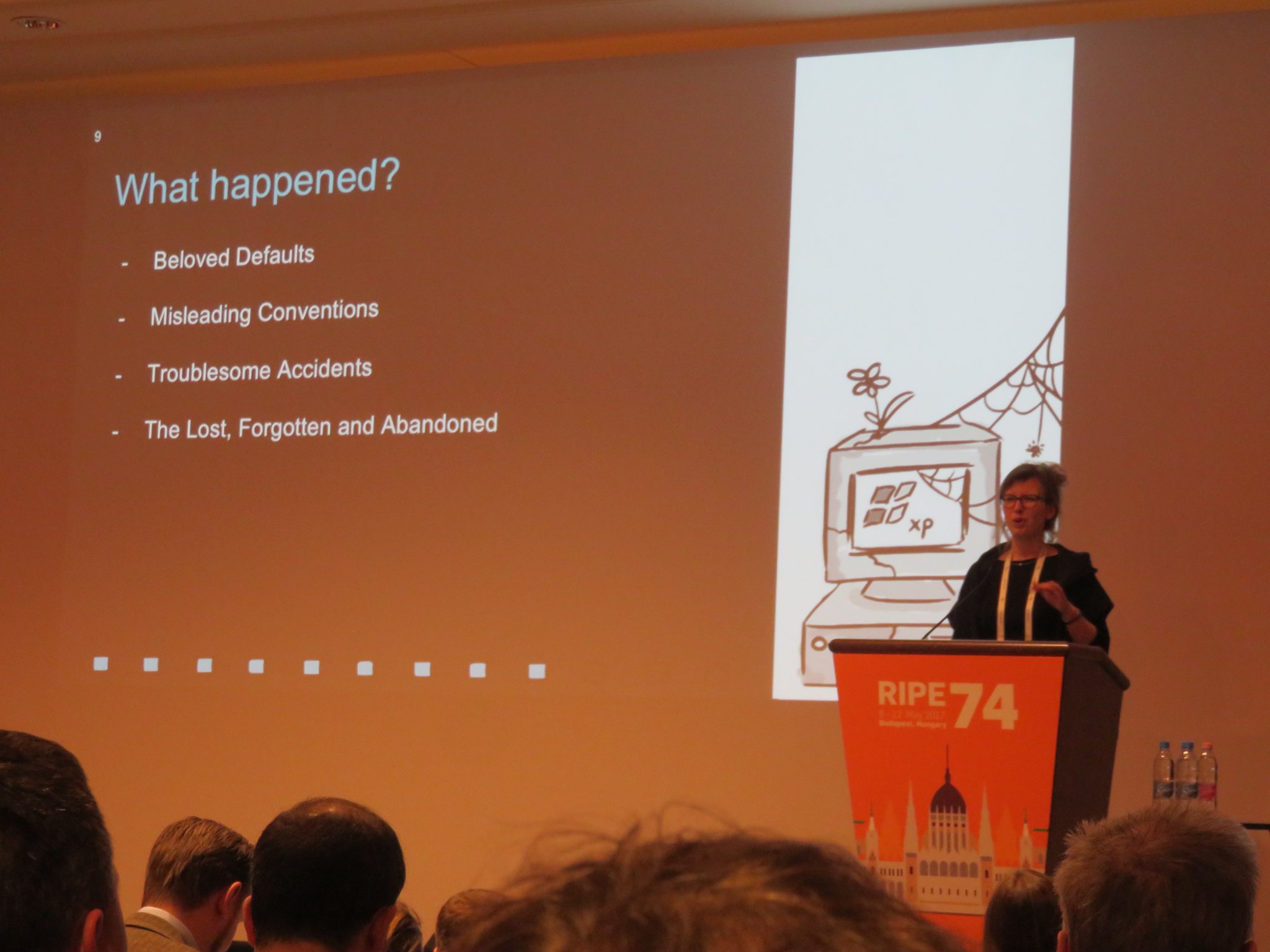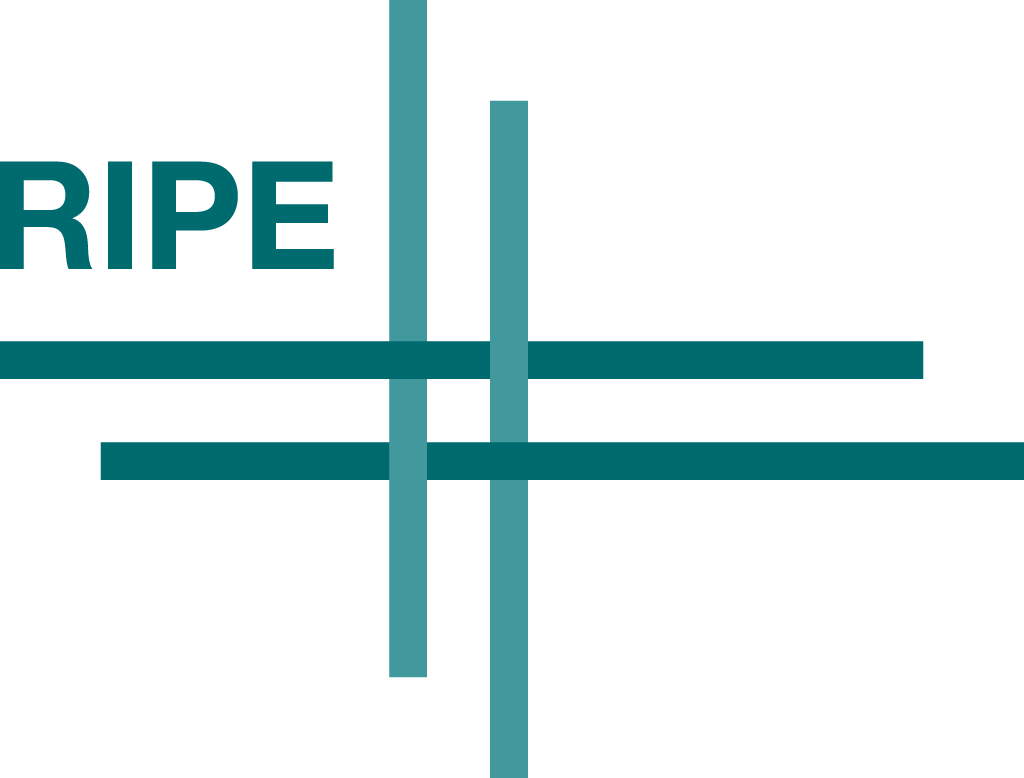
And so we come to the end of the second day of RIPE 74. Today’s first plenary session began with an update on the RIPE Accountability Task Force from the Chair herself, Filiz Yilmaz. The update provided an overview of the status and scope of the task force, mapped a list of areas where RIPE are accountable, and looked at steps to be taken in filling gaps in that list. The discussion afterwards served to accentuate the need to determine a clear timeline and fixed end-point for the project.
Elvis Daniel Velea, V4 Escrow, was next to take to the podium with a talk on IPv4 transfers five years after runout. He provided details on transfer statistics over the past five years, gave a summary of lessons learned from the relevant trends, then looked at some recent developments. In discussion, caveats were raised about the transfer market, with Elvis pointing out that most abuse comes from hijackers.

Andreas Reuter, Freie Universitat Berlin, was up last with a talk on the adoption of RPKI route validation and filtering, where he looked at various ways of measuring the adoption of RPKI-based filter policies. Questions and comments included a plea for methods to boost confidence in RPKI among operators, and to allay fears regarding the potential for RPKI to break things.
After the coffee break, we moved on to the second plenary session. First up, we learned about how a do-it-yourself ISP started free WiFi services provided to refugees from the ground up, in a talk from Philip Berndroth and Maximilian Wilhelm. Geoff Huston then gave a somewhat pessimistic, yet characteristically entertaining presentation on his concerns about the current bleak situation regarding the so-called Internet of Things. During the discussion, members of the audience offered more hopeful outlooks, though Geoff remained somewhat sceptical.
The session concluded with three lightning talks, which offered a heads up about RFC7999 (BGP community for blackholing), a review of the IANA Numbering Services Reviewing Committee and Community-IX, a Connectivity platform for non-profits.

The Main Room having filled up again as the attendees returned from lunch, we dived right in to the third plenary session of the day. The first talk came from Yossi Gilad, from the Hebrew University of Jerusalem, who discussed the topic of RPKI deployment and security. The talk raised issues about prefix/subprefix hijacks and how these could be prevented by using RPKI, giving rise to a discussion on whether it is better to use tight or loose Route Origin Authorisations (ROAs) for DDoS mitigators when there is a need to create ROAs.
Constanze Dietrich, Technical University Berlin, looked at security misconfigurations and the operator’s perspective on this matter. The talk raised comments about security misconfigurations and where the risks and responsibilities lie in such instances. Enno Rey, ERNW GmbH, then looked at the complexity of IPv6 protocol and security issues that could arise therefrom. The topic triggered hot discussion among the attendees and different opinions were raised. It was noted that although the design of IPv6 protocol is complicated, IPv4 is no better and it’s a matter of educating the people how to create stable and secure networks. Marco Hogewoning, RIPE NCC, requested that the RIPE community continue this conversation.
The fourth and final plenary session kicked off with brief remarks from the RIPE Programme Committee nominees: Benno Overeinder (NLnet Labs), Seán Stuart (Verisign) and Franziska Lichtblau (Technische Universität Berlin). Resuming talks, Joao Taveira Araujo, from Fastly, told us all about addressing IPv6 from a CDN perspective. Friso Feenstra of Radobank then presented on why they had made the decision to deploy IPv6. When Friso handed out IPv6 mints to the audience, it was no surprise that there were plenty to go around. Stephanie Wehner, from the Delft University of Technology, then gave a fascinating talk on the Quantum Internet.

The day ended with a RIPE Academic Cooperation Initiative (RACI) session in the Main Room and an Internet of Things (IoT) BoF in the Side Room. The RACI session included talks from Ahmed AlEroud, from Yarmouk University, Jordan, Pawel Foremski, from the Polish Academy of Sciences, Poland, and Wouter de Vries, of the University of Twente. The security-focused IoT BoF built on the momentum of the first IoT BoF at RIPE 73 in Madrid, with a packed room trying to define the problem and determine the areas in which the RIPE community can contribute to making the Internet of Things safer for everyone. Ideas ranged from banning the use of default passwords and the need for encryption to the extent that regulation can play a role and how to bridge the gap between manufacturers, vendors, network operators and the consumers. The group is now working on a charter with the aim of potentially forming a new RIPE Working Group, which will be discussed further during the plenary session on Friday.
With the day’s events all wrapped up, it was time for the Tuesday night social event, which took place at the Vigadó Concert Hall, one of the most renowned historical buildings in the city.


